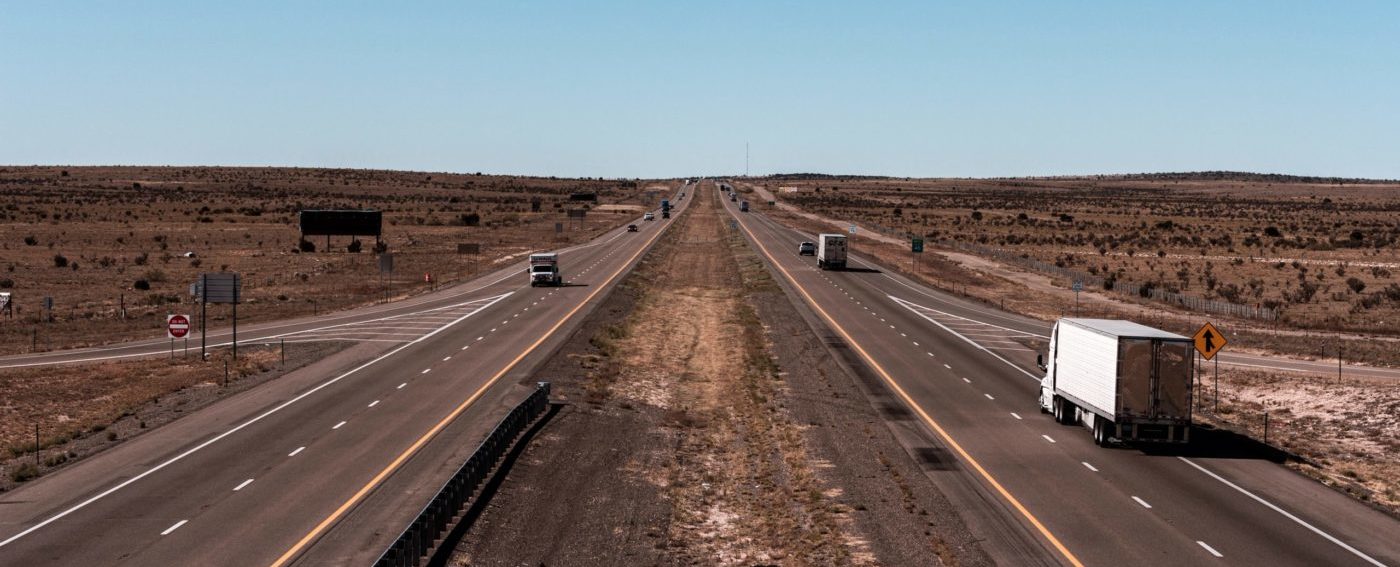
The Expanded Emergency Declaration under 390.23 (3/18/2020) exempts motor carriers and drivers who are providing direct assistance in support of relief efforts from FMCSR 390 – 399. This applies to essential services (such as medical care) or essential supplies (such as food and fuel) related to COVID-19 outbreaks during the emergency. The exemption does not include routine commercial deliveries, including mixed loads with nominal quantity of qualifying emergency relief added to obtain the benefits of this emergency declaration. If you are not sure, check with your company safety director before proceeding.
By execution of this extension to Emergency Declaration 2020-002, motor carriers and drivers providing direct assistance to the Nationwide emergency are not granted emergency relief from, and must continue to comply with, the following Federal Motor Carrier Safety Regulations and conditions:
- 49 CFR § 392.2 related to the operation of a commercial motor vehicle in accordance with State laws and regulations, including compliance with applicable speed limits and other traffic restrictions.
- 49 CFR § 392.3 related to operation of a commercial motor vehicle while a driver’s ability or alertness is so impaired, or so likely to become impaired, through fatigue, illness, or any other cause, as to make it unsafe for him/her to begin or continue to operate the motor vehicle.
- Motor carriers shall not require or allow fatigued drivers to operate a commercial motor vehicle. A driver who informs a carrier that he/she needs immediate rest shall be given at least ten consecutive hours before the driver is required to return to service.
- A motor carrier whose driver is involved in a crash while operating under this emergency declaration must report any recordable crash within 24 hours, by phone or in writing, to the FMCSA Division Office where the motor carrier is domiciled. The carrier must report the date, time, location, driver, vehicle identification, and brief description of the crash.
- Nothing in this Emergency Declaration shall be construed as an exemption from the controlled substance and alcohol uses and testing requirement (49 CFR Part 382), the commercial driver’s license requirements (49 CFR Part 383), the financial responsibility (insurance) requirements (49 CFR Part 387), the hazardous material regulations (49 CFR Parts 100-180), applicable size and weight requirements, or any other portion of the regulations not specifically exempted under 49 CFR § 390.23.
- Motor carriers or drivers currently subject to an out-of-service order are not eligible for the relief granted by this declaration until they have met the applicable conditions for its rescission and the order has been rescinded by FMCSA in writing.
- Direct assistance terminates when a driver or commercial motor vehicle is used in interstate commerce to transport cargo or provide services that are not in support of emergency relief efforts related to the COVID-19 outbreaks or when the motor carrier dispatches a driver or commercial motor vehicle to another location to begin operations in commerce. (49 CFR § 390.23(b)). Upon termination of direct assistance to emergency relief efforts related to the COVID-19 outbreaks, the motor carrier and driver are subject to the requirements of 49 CFR Parts 390 through 399, except that a driver may return empty to the motor carrier’s terminal or the driver’s normal work reporting location without complying with Parts 390 through 399. When a driver is moving from emergency relief efforts to normal operations a 10-hour break is required when the total time a driver operates conducting emergency relief efforts, or a combination of emergency relief and normal operations equals 14 hours.
